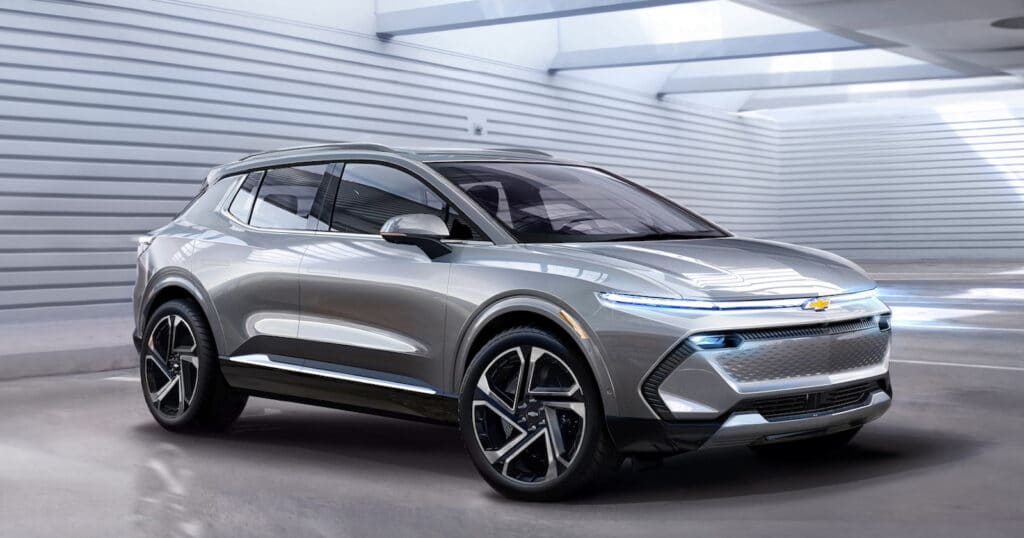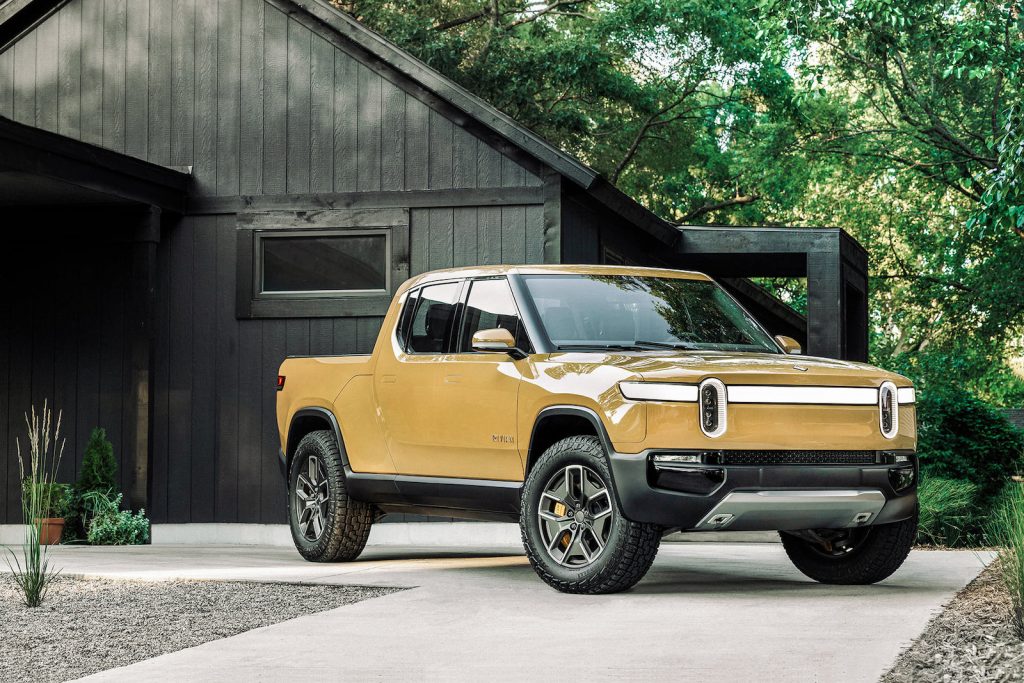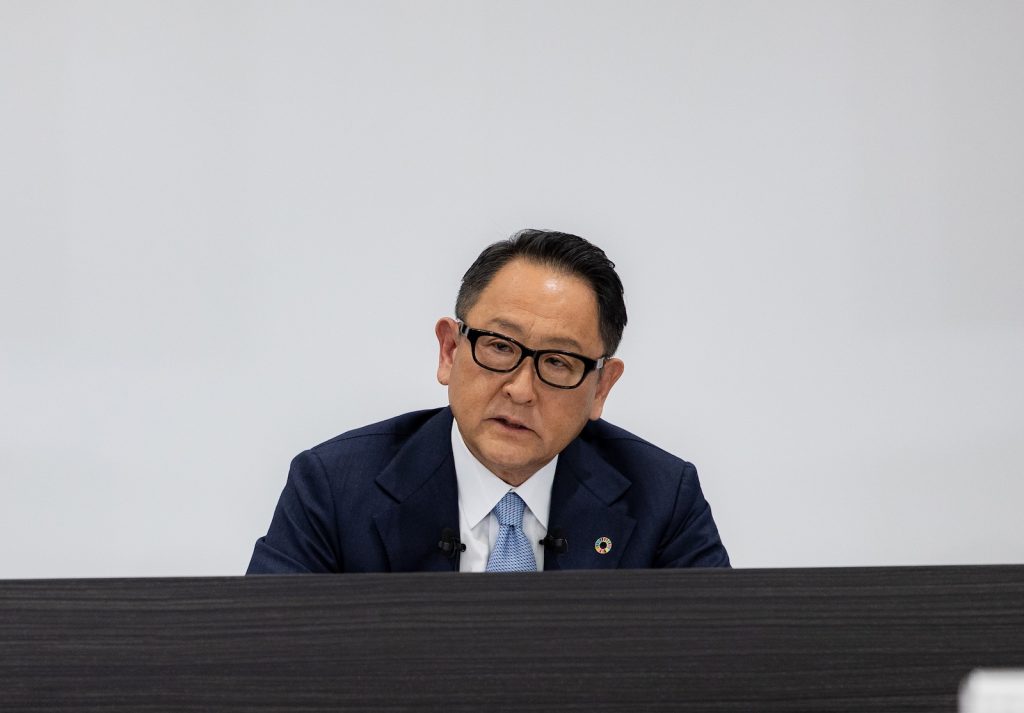With regulators moving to ban internal combustion engines, the auto industry faces a dire prospect, a top Stellantis executive warned on Wednesday, a complete “collapse” if battery-electric vehicles are priced out of reach of the typical motorist.

The warning sounded by the automaker’s Chief Manufacturing Officer Arnaud Deboeuf isn’t the first to raise concerns about an all-electric future. Last December, Toyota CEO Akio Toyoda sounded a similarly apocalyptic note in his role as the chairman of the Japan Automobile Manufacturers Association, or JAMA.
But Stellantis CMO Debouef’s warning comes at a time when the industry is facing severe shortages of key EV components, such as semiconductor chips, that have begun driving up costs. And even if consumers accept the need to switch from gas and diesel to electric vehicles, “the market will collapse” if the industry can’t bring prices under control, he warned. “It’s a big challenge,” he said, according to Bloomberg news.
On the rise
A number of manufacturers have raised EV prices in recent months, including legacy manufacturers, as well as startups such as Rivian, Lucid and Tesla. The latter brand, which currently dominates the all-electric market, upped the cost of vehicles like its Model S sedan and Model Y SUV by as much as $6,000 this month.
The problem is being felt by consumers all over the world. In the U.S., according to industry data, the average battery-electric vehicle now goes for $61,000, based on industry data. That compares with just under $44,000 for the typical model using an internal combustion engine.

But automakers are particularly worried in Europe where regulators are taking the most aggressive steps to force a transition away from ICE technology. This week, the EU endorsed a plan that would effectively require an across-the-board switch to zero-emission vehicles by 2035. In industry terms, that’s the equivalent of two vehicle lifecycles.
Embracing change
Some manufacturers have openly embraced the transition. Last week, Ford announced plans to convert a major plant in Valencia, Spain to build its next-generation EV technology, while upgrading another plant in Cologne, Germany for EV production. It described the moves as “a critical step … to achieve an all-electric future.”
Volkswagen has committed more than $100 billion for its transition to EVs, with some brands set to go all-electric before 2030.
For its part, Stellantis is accelerating the electrification plans laid out by the PSA Group and Fiat Chrysler Automobiles, the two carmakers that merged to form the industry giant. It has a target of getting 75 EVs to market by the end of this decade. And CEO Carlos Tavares earlier this year said he expected to maintain, even boost, the profit margins Stellantis generates in the process.

Raw material prices spike
But the surge in costs, compounded by shortages of both raw materials and finished parts, has overwhelmed the industry, forcing severe price hikes on all vehicles, EVs in particular. The cost of battery-grade lithium carbonate, for example, spiked by 436.5% this year, according to tracking service Trading Economics.
The electrification plan developed by Stellantis called for a 40% reduction in the cost of producing an EV by 2030. Whether it can achieve that in light of current market conditions is uncertain. And that would make it difficult to bring consumers along with the mandate the EU, in particular, is developing. But regulators appear to “not care,” CEO Tavares told Bloomberg.
Rising material prices could short circuit the strategies being developed by other manufacturers, such as General Motors. It is betting its new Ultium battery technology also will yield big savings. Before the lithium surge GM President Mark Reuss said the goal was to get down to $100 per kilowatt-hour for lithium-ion cells. The automaker’s previous generation of batteries cost about $150 per kWh.

Driving down EV prices
GM CEO Mary Barra early this year said the automaker planned to launch an electrified version of its Chevrolet Equinox SUV at a starting price of around $30,000. And it has expanded a joint venture with Honda that could yield products in the mid- to high-$20,000 range. At least, that was the expectation.
Among the manufacturers most worried about the transition to EVs is Toyota. The automaker has been betting on a mix of conventional and plug-in hybrids, all-electric vehicles and other models using hydrogen fuel cells. But, as regulators around the world push towards a pure EV formula, CEO Akio Toyoda has issued dire warnings of his own.
Last December, in the final JAMA meeting where he was to serve as chairman, he said that could lead to a situation where “The current business model of the car industry is going to collapse.” Officials have since tried to back off a bit on that proclamation, but Toyota continues to stress its belief that a mix of different technologies will better serve consumer needs — and hold costs down to levels that motorists can afford.






